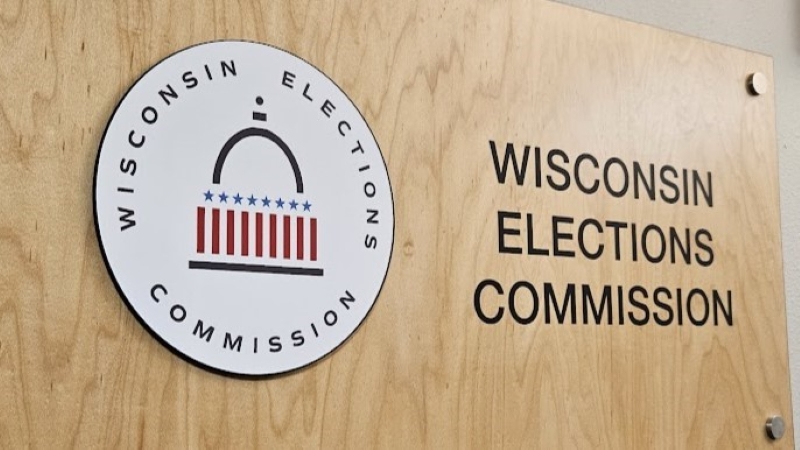Madison is questioning whether the Elections Commission has the power to force it to take additional steps to ensure absentee ballots are counted properly without requiring the same of other Wisconsin communities. City Attorney Mike Haas, who’s also been serving as the clerk, in a letter pushed back on the requirements the commission plans to vote on Friday. Besides questions about the agency’s au...
Please log in to access subscriber content.
If you don't have a subscription, please contact schmies@wispolitics.com for subscription options on the WisPolitics-State Affairs platform, which is the new home for WisPolitics subscriber products.


